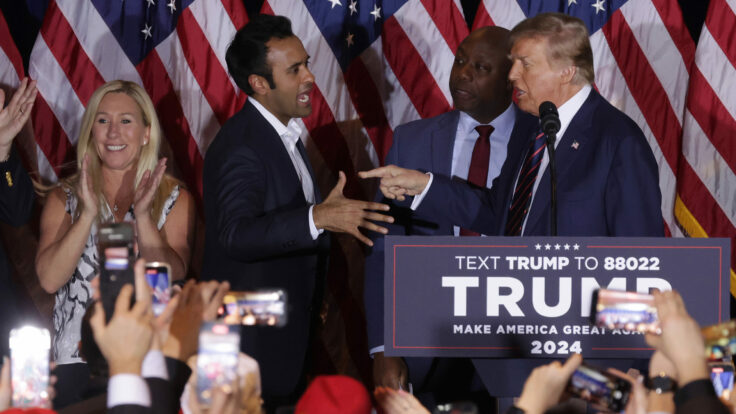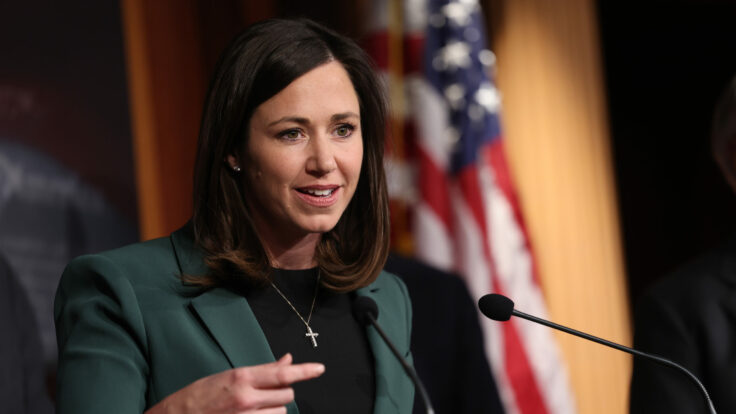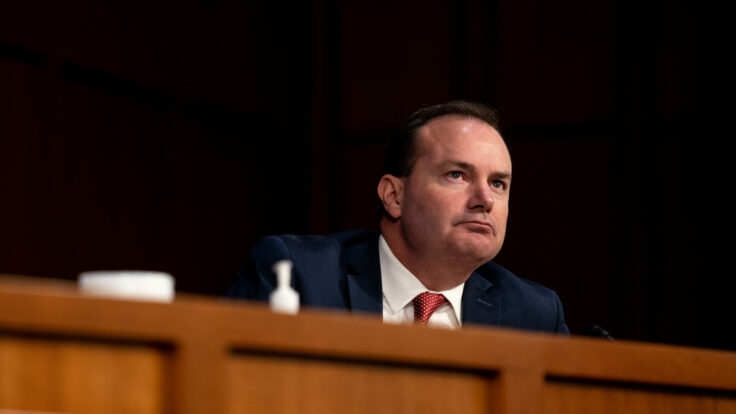During the height of the Trump era, Mueller-mania, and the #resistance rumspringa, Ilhan Omar, Ayanna Pressley, Rashida Tlaib, and Alexandria Ocasio-Cortez—the so-called Squad—tore into Congress with a velocity and ascendance rarely seen on the left. It was the blue wave of 2018, and two of the congresspeople, A.O.C. and Pressley, seemingly came out of nowhere to defeat stalwart incumbents, Joe Crowley and Mike Capuano. They were four media-savvy women of color who not only crusaded against Trump but also let Nancy Pelosi know that they weren’t just supplicant “yes” votes, which gave them extraordinary juice despite their freshman status. From their early days, they recognized the power in occasionally bucking their party, making the establishment Democrats seem feckless in the fight against Trump, all while levitating to social media political martyrdom by absorbing the animosity of the MAGA faithful—and even Trump himself, who infamously told them to go back to the “crime-infested places from which they came.”
They weren’t just fresh blood; they also provided a healthy, forward-looking contrast to the House gerontocracy, whose complacency, some argued, paved the way for Trumpism. A.O.C.’s name-I.D. reached Pelosi-like levels. Glamorous photo shoots elevated their fringier ideas, like defunding the police, into the national conversation. And to think it all started with a glib Instagram post about their #squadgoals.

















